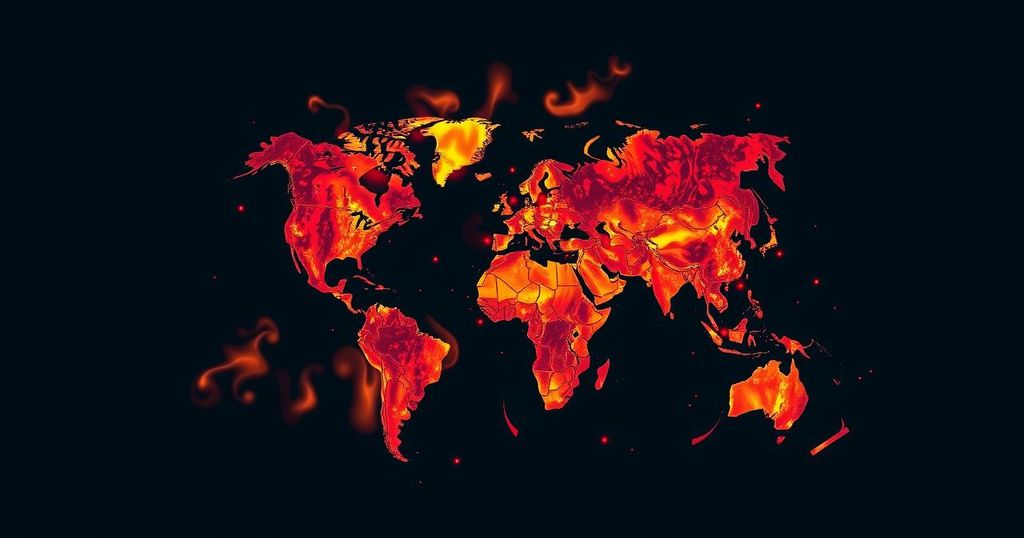Urgent Negotiations at COP29: Seeking Financial Support for Vulnerable Nations

Negotiators at COP29 in Azerbaijan are urgently working to secure a financial agreement for vulnerable nations impacted by climate change. Seeking $1.3 trillion, negotiations face challenges as wealthy nations propose significantly lower figures. Leadership and commitment from developed countries are deemed essential for achieving effective climate action.
Negotiators at the United Nations climate talks in Baku, Azerbaijan, are racing against time to finalize an agreement aimed at providing substantial financial assistance to vulnerable nations grappling with the adverse effects of climate change. The pressure mounts as the conference, known as COP29, nears its conclusion, with President Mukhtar Babayev urging parties to expedite technical discussions to focus on substantive issues. The crux of the negotiations revolves around funding, with vulnerable nations seeking $1.3 trillion for climate adaptation and mitigation efforts. However, the pledges from wealthier countries fall significantly short, as proposed figures range from $200 billion to $900 billion, highlighting a contentious and unresolved debate on contributions and the nature of the financial support. Climate ministers from various nations echoed the importance of establishing a sustainable contributor base and acknowledged a collective commitment to transitioning away from fossil fuels. Alden Meyer from E3G remarked on the stagnant nature of the discussions, indicating a strong need for effective leadership from the conference’s presidency to galvanize action towards achieving ambitious climate targets. Meanwhile, at the G20 summit, UN Secretary-General Antonio Guterres emphasized the pivotal role of major economies in realigning financial commitments to support developing nations, urging a significant increase in concessional public funds to meet urgent climate needs. Brazilian President Lula da Silva suggested that developed nations consider advancing their emissions reduction targets to facilitate global progress. As COP29 leaders strive to overcome financial hurdles and bolster international cooperation, the outcomes of this summit remain critical for the future of global climate efforts.
The article discusses the ongoing negotiations at COP29, the United Nations climate talks held in Azerbaijan. The summit serves as a critical platform for global leaders to address climate change and its ramifications, particularly concerning financial aid directed at developing nations. With vulnerable countries underscoring the necessity for substantial funding to adapt to climate challenges, ongoing debates focus on the disparity between expected financial commitments and actual pledges from developed nations. Furthermore, the discussions also encompass the transition from fossil fuels, a topic of significant emphasis alongside funding mechanisms.
In conclusion, the COP29 negotiations are at a crucial juncture as negotiators work tirelessly to address the pressing financial needs of vulnerable nations affected by climate change. The ongoing debates reflect the complexities in securing adequate funding from wealthier countries, with calls for increased commitments and leadership to steer discussions towards successful outcomes. The outcomes of these negotiations will significantly impact global efforts to mitigate climate change and support nations most at risk.
Original Source: abcnews.go.com






